Farmer workshops on soil health a great success
Added 2 years ago
By Bonnie Flaws
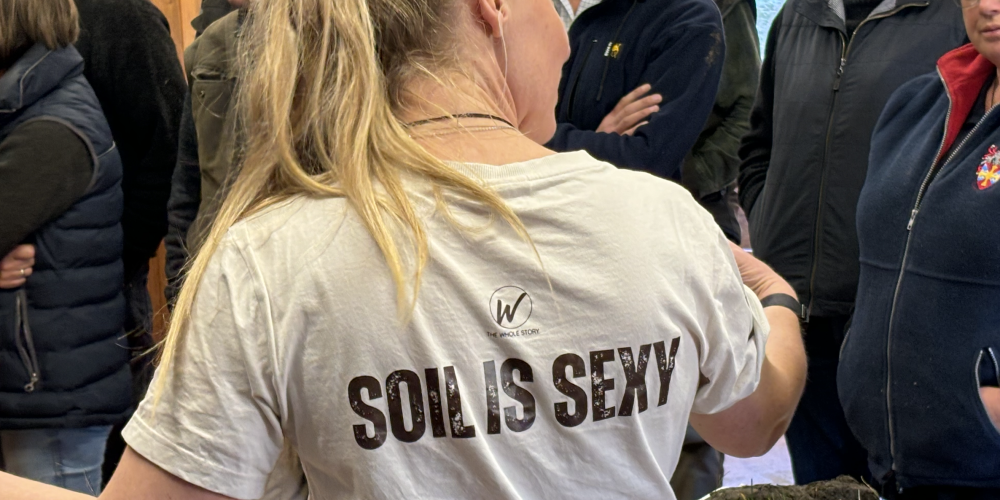
Becks Smith, founder of The Whole Story, spent years as a vet in Ranfurly, Central Otago where she and her husband Jason farm a 700 hectare sheep, beef cattle and deer farm.
However, her real passion is working with farmers to take practical steps towards being environmentally responsible and sound business people. She is currently board chair of Quorum Sense, a community of farmers, growers, researchers, coaches and others committed to the creation of thriving biological and regenerative farm systems across New Zealand.
“During covid lockdown I was thinking of a way to use my passions and skillsets in agriculture in a new way. That’s when I started The Whole Story, a B Corp certified social enterprise focused on sustainability and agriculture. But not sustainability as we knew it or thought about it. I was aware that it was becoming compliance driven. I wanted to show a different framework for sustainability that allowed farmers to connect with it better, celebrate their successes and have a more holistic view about what sustainability could look like. And also to drive a bit of positivity into because it was becoming negative.”
Becks works one-on-one, with groups of farmers and behind the scenes with industry and governance bodies to influence policy. And she’s been doing quite a bit of work here in Hawke’s Bay, recently partnering with Hawke’s Bay Future Farming Trust to run two workshops on soil health, one in Onga Onga and one in Sherendan. The turnout was about 13 for the first and upwards of 40 for the second, indicating a real thirst for knowledge from our local farmers.
The workshops were focussed on understand soils, monitoring them, and on- farm actions to promote healthy soils.
“I don’t just focus on soil, but what I am learning more and more working across sectors and farming identities and systems is that we all have in
common an interest or understanding that improving soil health is going to be a positive outcome for us. It ties us all together and it’s a really good starting point, because everyone who owns or manages land has a recognition that soil is important for food production. It doesn’t matter what lens you put on it: profitability, productivity, ecological outcomes. Ultimately improving soils results in improvements all round,” she says.
Where that ties in to catchment groups is about the interface between soil and water, as catchment groups are primarily formed to look after water quality. “But, if we’re losing soil into waterways we are negatively impacting water quality”.
Becks says farmers need to be able to understand soil in order to improve water quality. Catchment groups are an obvious place to start because they are an existing social structure in rural communities, already there to provide a centre for this important work.
While most community groups are volunteer based, there is Central Government money for catchment groups now via MPI that enables paid administration roles that can really supercharge the work of these groups, she says.
Her workshops also address the symbiotic relationship between water and soil, she says.
“The way water moves over and through soil directly impacts water quality [in streams and rivers]. And the health of that soil impacts its ability to hold that water or get washed away. So we need to understand soil to be able to improve water quality at the other end”.
Becks’ facilitation style is all about conversation and practical outcomes. There are no flyers or handouts. She treats the farmers themselves as the subject mater experts, and hopes that by bringing them together the practical knowledge of how things work on their farm, when shared in a group, will spark ‘a ha’ and ‘lightbulb’ moments, as they develop a greater understanding of what it might be telling them.
The workshops involved mini-Visual Soil Assessments, led by Paul Smith and Phil Schofield. This was designed to encourage farmers to get out and dig some holes and learn about what it was telling them.
Becks says understanding soils is about understanding its chemical, biological and physical properties and being aware of the interactions
between them. Doing a VSA in this way was new to a lot of people, she says. “It’s about unlocking the knowledge they have already, sharing the knowledge with each other. And we do have some technical experts in the room to lean on, like Philip Schofield, but it’s mostly them. The style is super practical. And when you get a group of farmers together the power is really in the conversations they have with each other.”
Becks says she feels privileged to be a part of this learning. “What the HBFFT is doing is powerful and meaningful work in a community, and to be invited from outside that community to facilitate a conversation was a really humbling experience.”
Be the first to leave a comment.
Leave a comment
All comments are reviewed before they are published on the website. Your email address will not be published.
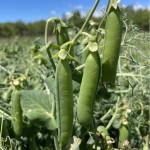
Carbon Positive Trial Update – February 2025
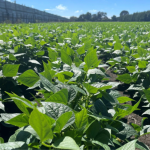
Carbon Positive Update

Community Engagement and Knowledge Sharing Strengthen the Carbon Positive Project
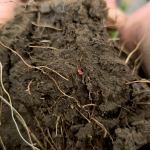
Are We Changing Soil Carbon Yet? Three Years In, the Jury’s Still Out
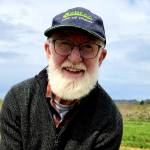
Farewell to Trustee Phil Schofield – A Foundational Leader of the HBFFCT
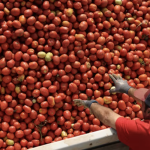

Join the conversation